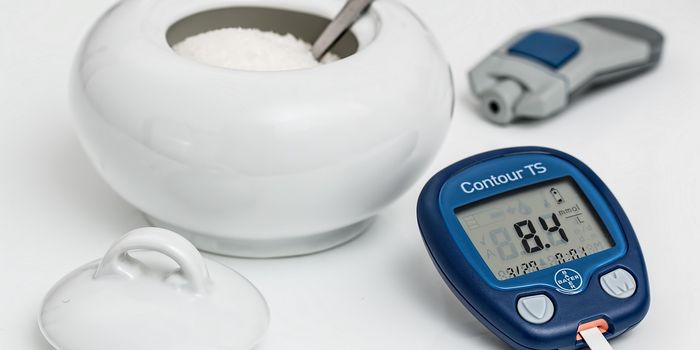Sirolimus, an immunosuppressant drug, as recently been used in clinical trials for patients with autoimmune blood disorders. Patients benefitting from sirolumus are highly resistant or intolerant to normal corticosteroid immunosuppressive therapy. Autoimmune lymphoproliferative syndrome (ALPS) is particularly responsive to experimental sirolimus treatments. This disease is extremely rare; only 200 ALPS patients have been identified worldwide (
NIH).
ALPS is a genetic disease that inhibits the body from producing the healthy amount of lymphoctes, resulting in a chronically swollen liver, spleen, and lymph nodes (
NIH). ALPS and other autoimmune blood disorders can cause anemia, uncontrolled bleeding, and infection as the immune system targets healthy hematocytes (blood cells).

Corticosteroids were discovered in the 1940s and are used often for regulating inflammation in autoimmune diseases. Unfortunately, their anti-inflammatory abilities are not without long-term adverse side effects. A
2011 review in
Molecular and Cellular Endocrinology described corticosteroid treatment "clinical efficacy" as "compromised by the metabolic effects of long-treatment," including osteoporosis, hypertension, and type 2 diabetes.
To bypass these unfavorable side effects as well as provide an option for ALPS patients resistant/intolerant to corticosteroids, scientists from the
Children's Hospital of Philadelphia ran a clinical trial of 30 patients between 5 and 19 years old to see how sirolimus could be used to treat ALPS.
Sirolimus has traditionally been prescribed to prevent the rejection of kidney transplants by suppressing the immune system (
MedlinePlus). ALPS patients in the clinical trial received six months of sirolimus treatment, and there was large success with participants reaching normal blood cell counts. Patients also received a check-up after two years, and there were very few recorded adverse side effects. In addition, these patients were able to stop all other steroid treatments and rely on sirolimus to keep their disease in check.
Senior study author David Teachey, MD, looks to sirolimus as a way for young ALPS patients to achieve "an improved quality of life as they continue treatment into adulthood."
In 2012, the Children's Hospital Boston also did a sirolumus clinical trail. Riley Cerabona, a child with CLOVES syndrome, participated in the trial. CLOVES (
Congenital,
Lipomatous,
Overgrowth,
Vascular Malformations,
Epidermal Nevus,
Scoliosis) is very rare (
ClovesSyndrome.org). Watch the video below to hear her story and more about the potential of sirolimus as an immunosuppressant.
Source:
EurekAlert









